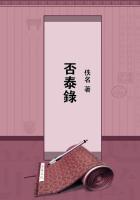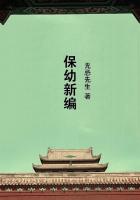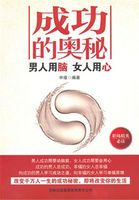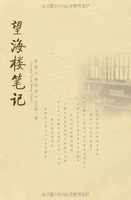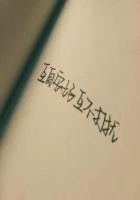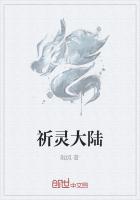As became a gentlemanadventurer,Captain Hind was staunch in his loyalty to his murdered King.To strip the wealthy was always reputable,but to rob a Regicide was a masterpiece of welldoing.
A fervent zeal to lighten Cromwell's pocket had brought the illustrious Allen to the gallows.But Hind was not one whit abashed,and he would never forego the chance of an encounter with his country's enemies.His treatment of Hugh Peters in Enfield Chace is among his triumphs.At the first encounter the Presbyterian plucked up courage enough to oppose his adversary with texts.To Hind's command of `Stand and deliver!'duly enforced with a loaded pistol,the ineffable Peters replied with oxeye sanctimoniously upturned:`Thou shalt not steal;let him that stole,steal no more,'adding thereto other variations of the eighth commandment.Hind immediately countered with exhortations against the awful sin of murder,and rebuked the blasphemy of the Regicides,who,to defend their own infamy,would wrest Scripture from its meaning.`Did you not,O monster of impiety,'mimicked Hind in the preacher's own voice,`pervert for your own advantage the words of the Psalmist,who said,``Bind their kings with chains,and their nobles with fetters of iron''?Moreover,was it not Solomon who wrote:``Men do not despise a thief,if he steal to satisfy his soul when he is hungry''?And is not my soul hungry for gold and the Regicides'discomfiture?'Peters was still fumbling after texts when the final argument:`Deliver thy money,or I will send thee out of the world!'frightened him into submission,and thirty broad pieces were Hind's reward.
Not long afterwards he confronted Bradshaw near Sherborne,and,having taken from him a purse fat with Jacobuses,he bade the Sergeant stand uncovered while he delivered a discourse upon gold,thus shaped by tradition:`Ay,marry,sir,this is the metal that wins my heart for ever!O precious gold,I admire and adore thee as much as Bradshaw,Prynne,or any villain of the same stamp.This is that incomparable medicament,which the republican physicians call the wonderworking plaster.It is truly catholic in operation,and somewhat akin to the Jesuit's powder,but more effectual.The virtues of it are strange and various;it makes justice deaf as well as blind,and takes out spots of the deepest treason more cleverly than castlesoap does common stains;it alters a man's constitution in two or three days,more than the virtuoso's transfusion of blood can do in seven years.`Tis a great alexiopharmick,and helps poisonous principles of rebellion,and those that use them.It miraculously exalts and purifies the eyesight,and makes traitors behold nothing but innocence in the blackest malefactors.`Tis a mighty cordial for a declining cause;it stifles faction or schism,as certainly as the itch is destroyed by butter and brimstone.In a word,it makes wise men fools,and fools wise men,and both knaves.The very colour of this precious balm is bright and dazzling.If it be properly applied to the fist,that is in a decent manner,and a competent dose,it infallibly performs all the cures which the evils of humanity crave.'Thus having spoken,he killed the six horses of Bradshaw's coach,and went contemptuously on his way.
But he was not a Cavalier merely in sympathy,nor was he content to prove his loyalty by robbing Roundheads.He,too,would strike a blow for his King,and he showed,first with the royal army in Scotland,and afterwards at Worcester,what he dared in a righteous cause.Indeed,it was his part in the unhappy battle that cost him his life,and there is a strange irony in the reflection that,on the selfsame day whereon Sir Thomas Urquhart lost his precious manuscripts in Worcester's kennels,the neck of James Hind was made ripe for the halter.His capture was due to treachery.Towards the end of 1651he was lodged with one Denzys,a barber,over against St.Dunstan's Church in Fleet Street.Maybe he had chosen his hidingplace for its neighbourhood to Moll Cutpurse's own sanctuary.But a pack of traitors discovered him,and haling him before the Speaker of the House of Commons,got him committed forthwith to Newgate.
At first he was charged with theft and murder,and was actually condemned for killing George Sympson at Knole in Berkshire.But the day after his sentence,an Act of Oblivion was passed,and Hind was put upon trial for treason.During his examination he behaved with the utmost gaiety,boastfully enlarging upon his services to the King's cause.`These are filthy jingling spurs,'
said he as he left the bar,pointing to the irons about his legs,`but I hope to exchange them ere long.'His goodhumour remained with him to the end.He jested in prison as he jested on the road,and it was with a light heart that he mounted the scaffold built for him at Worcester.His was the fate reserved for traitors:he was hanged,drawn,and quartered,and though his head was privily stolen and buried on the day of execution,his quarters were displayed upon the town walls,until time and the birds destoyed{sic}them utterly.




